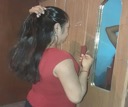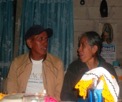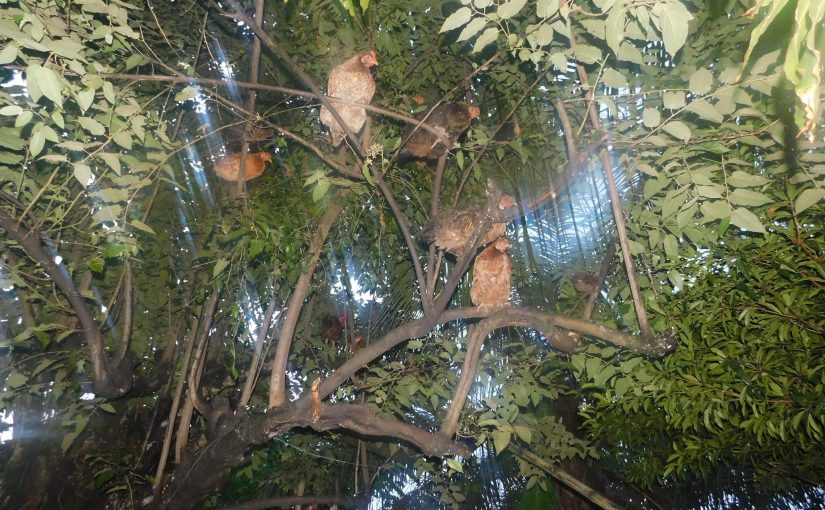In this lesson we will learn the prefix /mo/ to mark reflexivity in all four classes of verbs: First, reflexive actions; second, mutual action between two or more people. And third, the so called middle voice.
1. Reflexive Actions
These are grammatical constructions where the direct object is the same as the subject or agent doing the action. In this case, /mo/ can be used with subjects markers for all four classes of verbs.
Tlamanēxtilli tlen ahāhuiltiliztli tlen tlachi7hualiztli (Example of conjugation of verbs)
2. Mutual actions
Mutual actions are those occurring between two or more people. Reflexive and mutual actions have the same structure, but need to be distinguished by sentence context. For example:
Tlamanēxtilli tlen ahāhuiltiliztli tlen tlachīhualiztli huan cequin tlahtolpāmeh (Example of conjugation of verbs and some sentences)
“They see themselves” (separately, on the mirror).
“They see themselves” (mutually, between each other).
“You all comb yourselves.”
“You all comb yourselves” (mutually, between each other).
3. The middle voice
The middle voice refers to an impersonalized action without a subject marker. In this instance “mo-” functions like a subject. The passive voice is indicated by the third person singular and plural. The verb loses its object marker, as in the following examples.
Tlamanēxtilli tlen ahāhuiltiliztli tlen tlachīhualiztli huan cequin tlahtolpāmeh (Example of conjugation of verbs and some sentences)
4. Special use of “mo-“
In some cases the particle “mo-” is already integrated into the verbal base. These verbs do not indicate the reflective action, mutual, or passive.
Tlamanextilli tlen ahahuiltiliztli tlen tlachihualiztli (Ejemplo de conjugación de verbos)
/mocicinia/ “to get angry”
Tequitl Cē (Activity One): Match the following words with the appropriate images.
moitta, moxilhuia, motlaloa, monāmaca, timoittah, mocuā, timoxilhuiah, mochihchīhua
 |
 |
 |
 |
 |
 |
 |
 |
Tequitl Ōme (Activity Two): Make two reflexive sentences for each of the following verbs.
| itta |
| 1. |
| 2. |
| cehuia |
| 1. |
| 2. |
| xilhuia |
| 1. |
| 2. |
Tequitl Ēyi (Activity Three): Construct a paragraph using the following verbs.
monāmaca, mochīhua, motlamāca, mocuā, motehtequi

